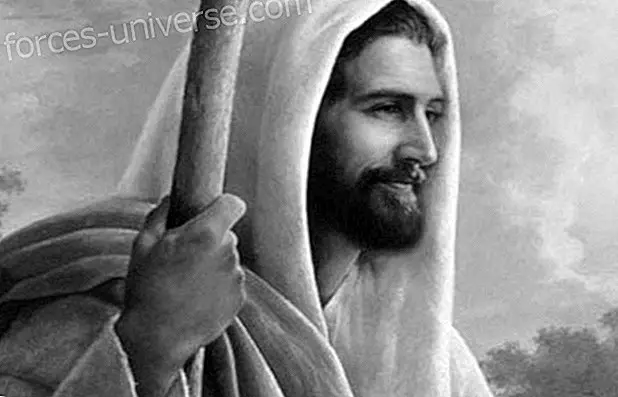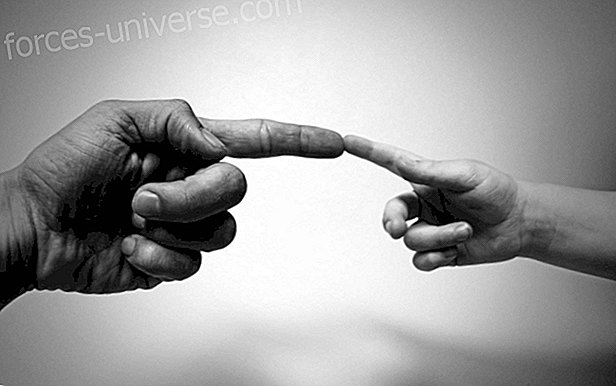
Daniel Jim nez 12/23/09 In the Solidarity Economy Category
An ECOAyer put an end to the Responsible Consumption Fair of Tarragona, which since last December 12 has been dedicated to analyze in depth the social, economic and environmental repercussions of consumption. The event has been organized by SETEM, the Rovira i Virgili University, the Tarragona City Council and Xarxa Eco, the citizen network that last October 27 put the eco, its complementary social currency, into circulation.
Since this new currency free of interest rates was introduced, more than 5, 200 echoes have already been exchanged through different operations. Transactions always aimed at acquiring some of the more than 200 products and services that are already offered through this initiative. The echo can also be used in 170 exchange networks around the world, six of them located in Spain.
The Responsible Consumption Fair has been an interesting showcase to publicize this new project, as highlighted by Positive News Sebasti n Corradini, one of the members of Xarxa Eco. You have already signed up 90 people to our network. Half in these two weeks of the fair . Many of these people went to the Xarxa Eco post in the open show to the public that took place on December 12, the day of the inauguration of the event, in the Rambla Nova of the Catalan city.
A day on the echo
But the moment of greatest prominence of Xarxa Eco within the fair took place last Friday, when a talk dedicated to social currency and community exchange was held at the Alom Libertarian Athenaeum. The speakers were Corradini himself and two other colleagues in the network, such as Roger Ccenter, economist, and Marcus Packard, coordinator. The main objective of the act was to explain to the attendees the differences between conventional money and interest-free money.
This is what Corradini explains: by having interest, conventional currency creates and fosters a favorable pressure for the overexploitation of natural resources and people. The reason is that it is very attractive to convert people's natural resources or work into money, because this money grows in banks at the rate that interest rates set. With the social currency it helps to relieve this pressure since it lacks interest. It is used only when there is a real need for two parties who want to exchange something. ”
The Xarxa Eco member bets, like many expert economists on the subject, for the creation in the future of what has been called a "coin ecosystem" that makes a more efficient economy possible. Conventional and social currencies would cohabit in this ecosystem. “Conventional currency with interest is attractive for large investments and times when strong economic development is needed. But if we talk about exchanges between people, conventional currency poses a cyclical problem. And, when there is a crisis, that money tends to escape from people to concentrate on the entities where capital is managed. This does not happen with the echo, since our social currency can only be created when there is a real exchange, a service or a work done, which prevents that capital from getting out of people's hands. The people themselves create it and exchange it. ”
This process of creating money is what raised most curiosity among the attendees, who wanted to know how the currency was issued, and if there was any monetary authority within the network responsible for such work. “In our system there is no such figure. It is the currency users themselves who create it. Echoes are only emitted when there is a real exchange of products or services. These exchanges must be registered in an online computer program to which the members of the network are registered, ”explains Corradini.
The echo also has an added value, such as the establishment of personal ties between the participants in the project. “A woman told us that she did not understand the technical aspects of the currency, but that in spite of that she used the echo, and stressed that it had not only helped her overcome her economic problems. He also appreciated that there was a very good human relationship with the other members of the network, and that this money allowed you to meet very good people that you could rely on, ”Corradini concludes. In short, it is a currency that turns the exchange into a tool to replace competition with cooperation, strengthening the feeling of belonging to the community.
CONTACT INFORMATION:
www.xarxaeco.org
Photo: Design of an eco ticket. Courtesy of Xarxa Eco.






